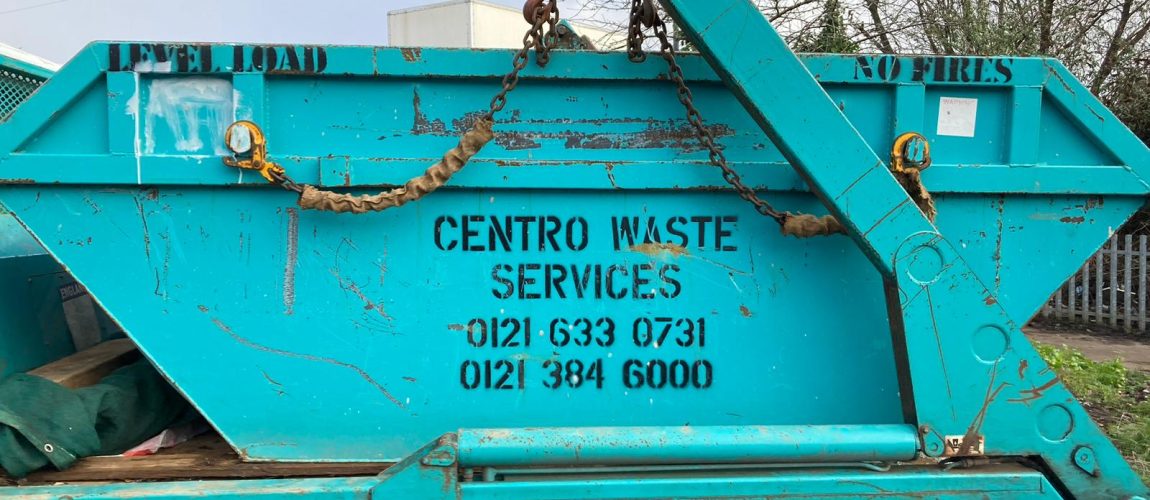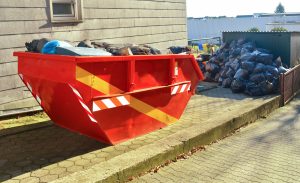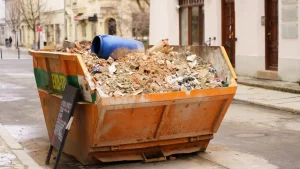The waste management industry, like many others, is not immune to the winds of change. As we stand on the precipice of a new era, there are undeniable shifts and emerging trends that promise to reshape the world of skip hire.
From technological advancements to an increased emphasis on sustainability, the upcoming years hold promise for both businesses and consumers in the skip hire sector. Here’s a closer look at what the future might hold.
Technological Advancements in Skip Hire
The introduction of new technology is redefining the process of hiring and using skips.
- Smart Skips: Expect to see skips equipped with sensors that alert when they’re full or when improper waste is dumped. This ensures timely pickups and better waste segregation.
- Apps and Online Platforms: The convenience of booking a skip with a click will only grow. Enhanced apps may offer features like real-time tracking of your skip’s delivery or collection and even AI-driven waste analysis.
Greener Skips: Emphasis on Sustainability
As environmental concerns take centre stage, the skip hire industry is poised to make big strides in sustainability.
- Recycling Initiatives: More businesses will promote the fact that they recycle a majority of the waste they collect, making it easier for users to make environmentally friendly choices.
- Eco-friendly Materials: The skips themselves may be made from recycled or more sustainable materials, reducing the carbon footprint of the manufacturing process.
Diverse Skip Sizes and Specialisation
While the industry has always offered different skip sizes, the future may see more specialised skips designed for specific waste types.
- Compact Skips: For urban areas with space constraints, smaller, more compact skips could become popular.
- Specialised Skips: We might see skips designed specifically for garden waste, electronic waste, or even hazardous materials.
Enhanced Customer Experience
With the rise of digital platforms and an emphasis on customer satisfaction, the skip hire experience is set to become smoother and more user-friendly.
- Virtual Assistance: Interactive online guides or chatbots could help customers determine the right skip size for their needs.
- Flexible Hire Periods: Companies might offer more flexible hire durations, adapting to the unique needs of individual projects.
Regulation and Compliance
With increased attention to environmental preservation, local councils and governments are likely to introduce more stringent regulations.
- Clearer Disposal Guidelines: To ensure that waste is disposed of responsibly, expect more detailed guidelines on what can and cannot be placed in skips.
- Licence and Training: Future skip hire professionals may need to undergo specialised training and acquire specific licenses to ensure safe and eco-friendly operations.
Community-focused Initiatives
The future of skip hire may not just be about waste removal but also community upliftment.
- Shared Skips: Concepts like community skips, where neighbourhoods pool resources to hire a communal skip, can foster a sense of community while being cost-effective.
- Educational Campaigns: Skip hire companies might spearhead educational campaigns on waste reduction, recycling, and responsible disposal.
Conclusion
The skip hire industry, deeply rooted in its traditional practices, is on the cusp of a transformative era. While the trends outlined above are based on current trajectories, the exact future is, as always, unpredictable.
However, one thing is certain: with a renewed focus on technology, sustainability, and community, the future of skip hire in the UK looks promising and green. As consumers and businesses, it’s an exciting time to be a part of this change, shaping a future that is not only efficient but also eco-conscious.








